
OR
Most of the commercial banks fail to adopt good governance practices: NRB
Published On: April 16, 2024 09:30 AM NPT By: Republica | @RepublicaNepal

The central bank points out banks involvement in rampant lending and lacking effective measures to mitigate systemic and operational risks
KATHMANDU, April 16: Commercial banks of Nepal have been found not following the good governance practices in their day-to-day operation, according to the Nepal Rastra Bank (NRB). This has created serious risks in the long-term financial health of the intermediaries.
NRB in its ‘Bank Supervision Report 2022/23’ unveiled on Sunday highlighted numerous systemic flaws in the operation of the businesses by a number of commercial banks. Every year, the central bank conducts the study of the country’s class ‘A’ financial institutions by carrying out investigations on the policy reviews and operational issues.
In its recent report, the NRB has pointed out a number of flaws in the credit system, operational risk management and policy implementation by various commercial banks. “Some of the banks have not formulated policies and guidelines such as Recovery Planning Policy, Compliance Policy and Director Education Program Guidelines, while some others have failed on timely review and update on these policies,” reads the NRB report.
In many banks, board meetings are more focused on agendas related to credit appraisal/ approval/ recovery actions and procurement related issues. The board meeting spends less time on discussion of policy issues, compliance, audit and risk management functions, the report added.
The board of directors of most of the banks do not have the practice of reviewing the implementation status of the decisions made in previous meetings as well as the directions given to the management.
Likewise, most of them lack an adequate Management Information System (MIS) to support a comprehensive risk management function. Some of the banks have not conducted information security and system audits as required by NRB’s Unified Directives.
The sector’s regulator has also underlined a number of issues related to the credit system of the banks. “Many banks have provided personal loans of above Rs 5 million without any specific purpose, which is against the provision of the NRB’s Unified Directives,” the report says.
In some instances, borrower’s requirement has not been assessed properly and instances of over financing have been observed. While debt equity ratio is not maintained, they have exceeded the drawdown limit based on net trading assets. Similarly, they are found issuing working capital loans provided irrespective of negative net trading assets (NTA).
Many banks have been renewing their customers’ loans without obtaining basic documents required for credit appraisal such as audited financials (including disclosure on Off-Balance Sheet exposures), tax clearance certificate, firm renewal documents and business inspection report along with photographs. Several discrepancies are also observed in reporting the loan exposures to NRB which they need to carry out through Borrower-wise Credit system. Additionally, they have failed to prepare a contingent funding plan as prescribed by the NRB’s Unified Directives.
Regarding the operational risk, some banks have not developed a proper system for identification of key risk indicators (KRIs) and documentation of risk registers.The MIS reports are not sufficient as per the compliance. For instance, few reports such as problem loan reports, loan commitment and contingent liability reports and migration reports, among others, are not available in the system.
In most of the cases, the banks’ video surveillance setup has not been sophisticated enough to help investigating misconduct, fraud check and reporting suspicious activities. The CCTVs installed in the banks have issues like maintaining backup for less than 90 days, blur visibility due to which packets and bundles of notes could not be identified properly. They depend on their surveillance system through impaired cameras, while positioning them in anti-light locations, the report stated.
You May Like This

NRB considers 18 out of 20 commercial banks in its watchlist for strict onsite inspection
KATHMANDU, April 21: Nepal Rastra Bank (NRB) has kept 18 out of 20 commercial banks under its watchlist after these... Read More...

Banks reduce interest rates on deposits as high as two percentage points for next month
KATHMANDU, Dec 16: Commercial banks have announced revised interest rates on deposits for the month of Paush (mid-December to mid-January),... Read More...
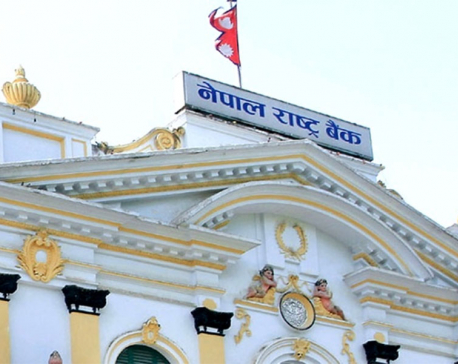
NRB receives increasing reports against suspicious transactions in BFIs
KATHMANDU, Dec 12: The cases of suspicious transactions in commercial banks are on the rise despite growing concerns of Nepal... Read More...

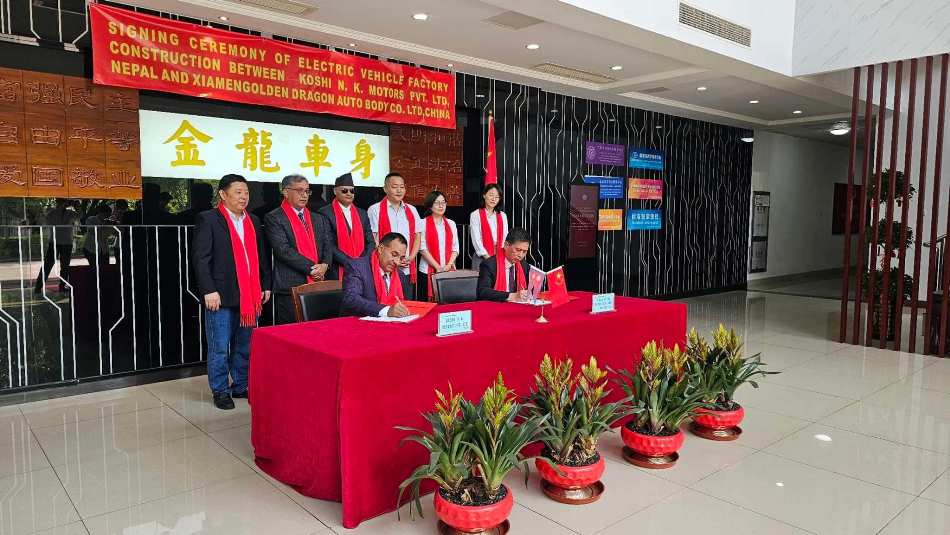
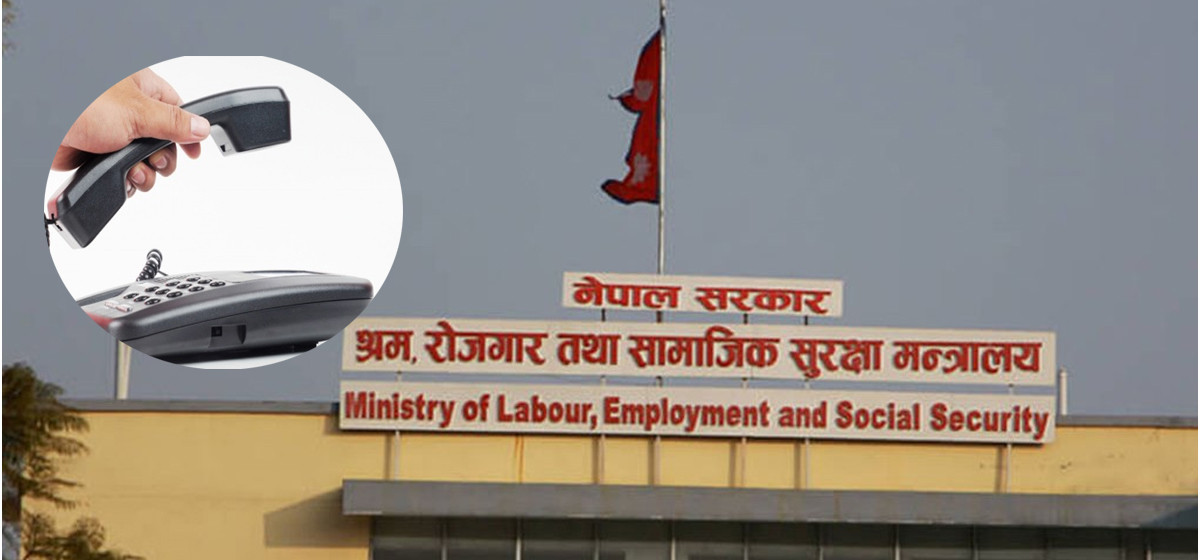
Just In
- Nepal and Vietnam could collaborate in promotion of agriculture and tourism business: DPM Shrestha
- Govt urges entrepreneurs to invest in IT sector to reap maximum benefits
- Chinese company Xiamen investing Rs 3 billion in assembling plant of electric vehicles in Nepal
- NEPSE inches up 0.07 points, while daily turnover inclines to Rs 2.95 billion
- Gandaki Province reports cases of forest fire at 467 locations
- Home ministry introduces online pass system to enter Singha Durbar
- MoLESS launches ‘Shramadhan Call Center’ to promptly address labor and employment issues
- Biratnagar High Court orders Krishna Das Giri to appear before court within one month in disciple rape case




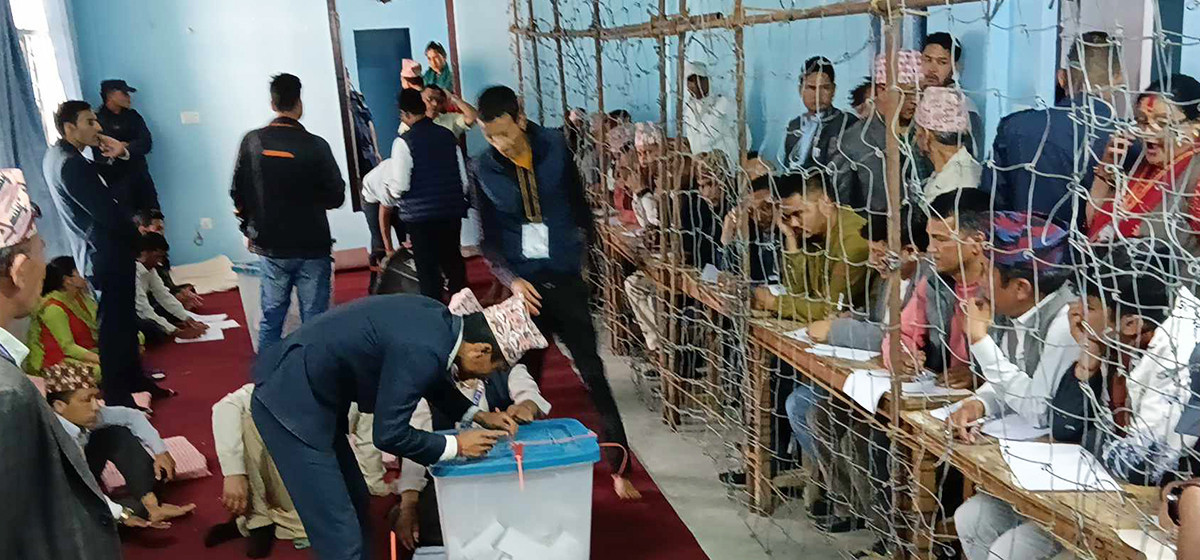






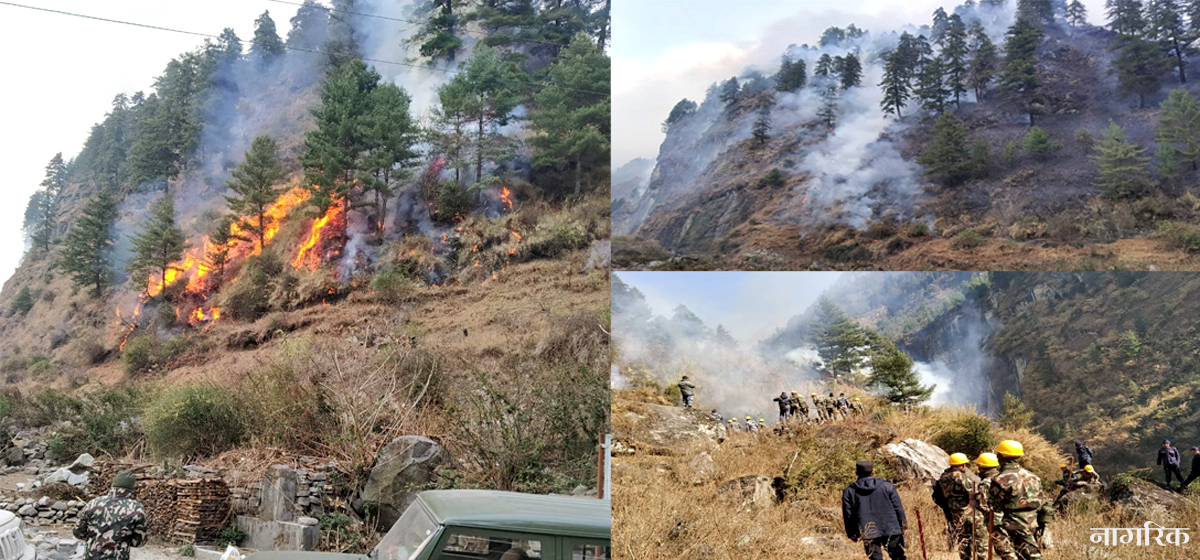
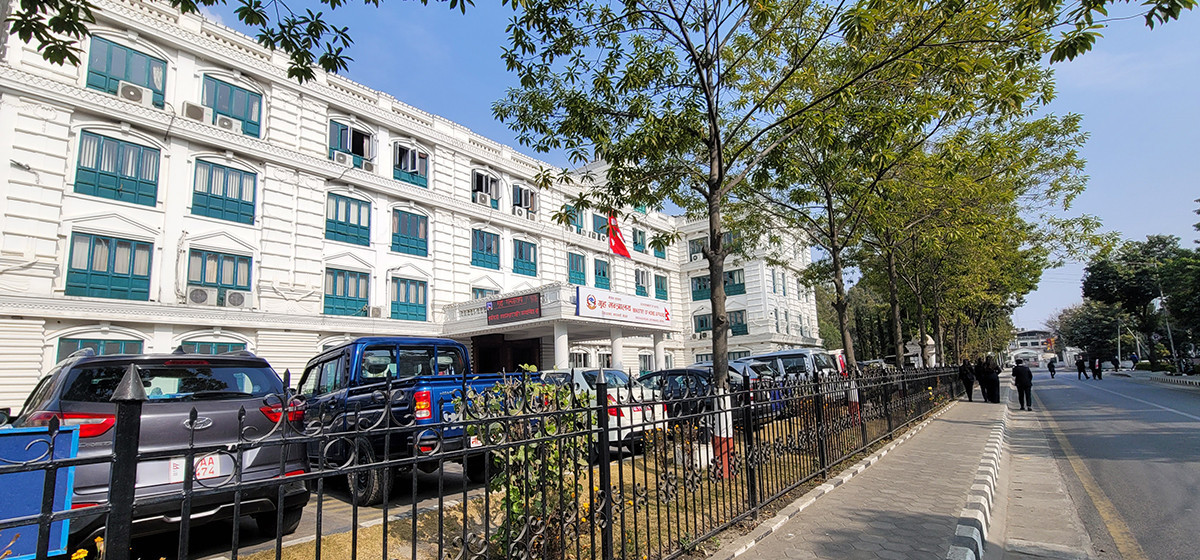

Leave A Comment